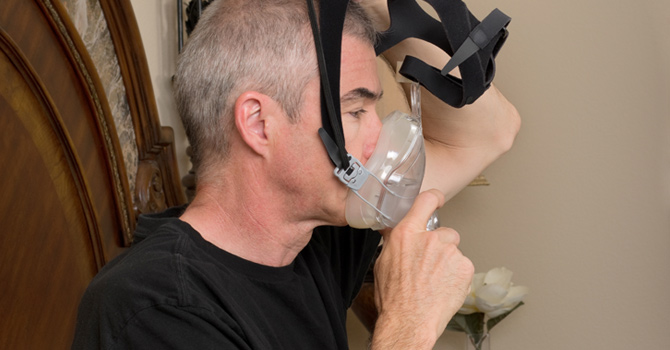Obstructive sleep apnea is a common sleep disorder that’s closely linked to several life-threatening conditions. It is characterized by repeated episodes of interrupted breathing during sleep. Its most common warning signs are loud snoring or choking and gasping sounds while asleep.
In 2016 and 2017, 6.4% of Canadians reported they had been diagnosed with sleep apnea by a healthcare professional. Across the world, this disorder affects almost one billion people.
Here are five facts about OSA to keep in mind.
- It can occur at any age.
Pediatric obstructive sleep apnea is quite common and is often caused by large tonsils and adenoids blocking the airway during sleep. In infants, it may be the result of a developmental problem or another medical condition. If your infant has OSA, you may notice prolonged pauses in breathing that last for more than 20 seconds. Low oxygen levels or a slow heartbeat are also closely associated with OSA.
- It increases with age.
The risk of having OSA and Central Sleep Apnea (CSA) increases as you age. It occurs in about 25% of men and nearly 10% of women, who are more likely to develop the disorder after menopause. People over the age of 50 and those who are overweight are more susceptible to sleep apnea, but its severity does tend to progress slowly over time and may reach a plateau around the age of 65 years.
- It is often undiagnosed.
International Sleep Experts believe nearly 1 billion people worldwide have sleep apnea, many of whom remain undiagnosed. This is partly due to the fact that too many people are unaware that loud snoring is a warning sign for this disorder. Although women, in particular, tend to be more likely to report symptoms like fatigue or insomnia, they are also likely to underreport loud snoring and underestimate its loudness.
- It can severely affect your health if left untreated.
OSA and CSA can lead to severe health consequences if ignored and untreated. It is linked to health problems like depression, high blood pressure, heart disease, type 2 diabetes and stroke. Sleep apnea has also been shown to exacerbate the severity of respiratory complications.
- It can be improved by lifestyle changes.
Did you know that excess body weight is one of the most significant risk factors for sleep apnea? Lifestyle changes involving a healthier diet and a regular exercise regimen may improve your breathing during sleep. The same goes for avoiding alcohol and smoking.


